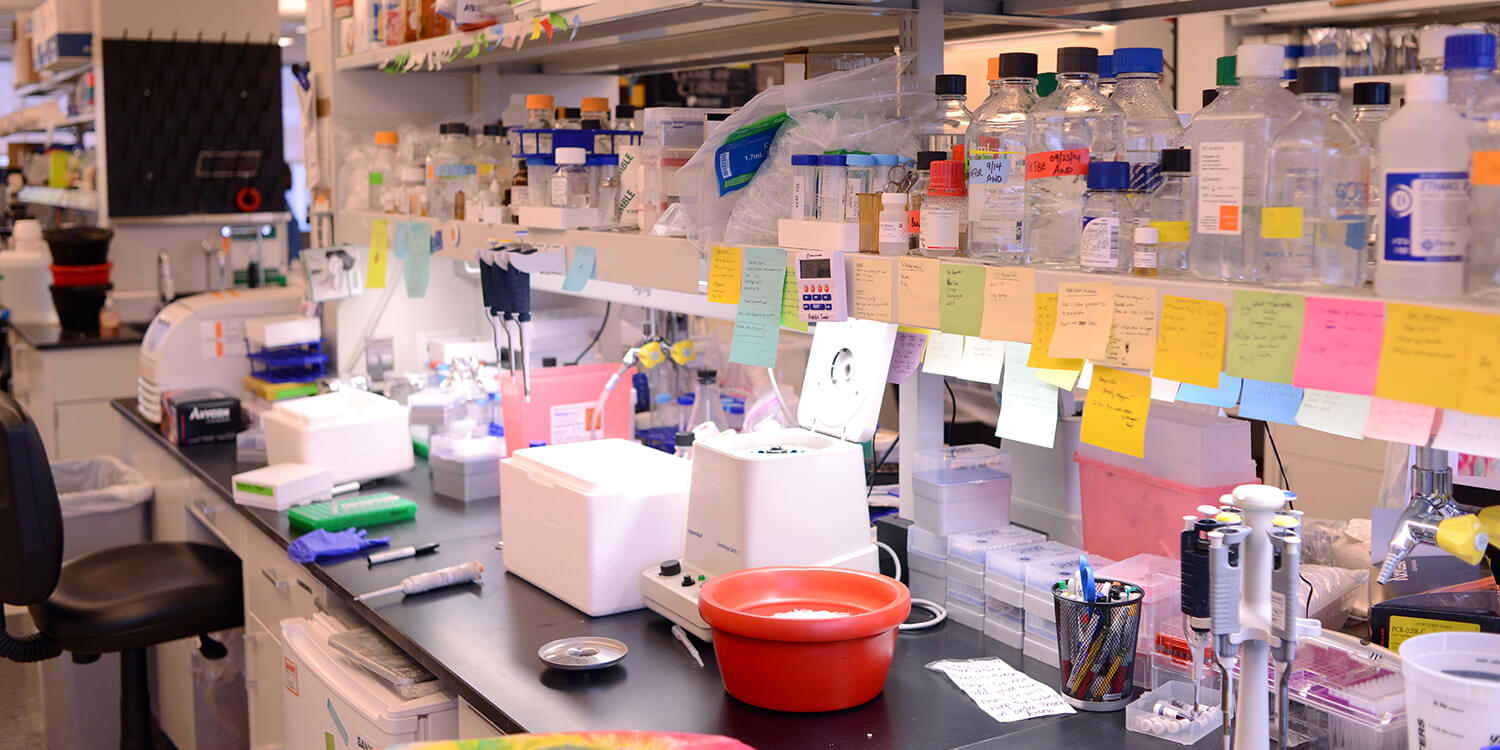Dogs and cats bring joy to our homes, and keeping them healthy is essential. Veterinary diagnostic services are essential tools in preventing diseases for household animals.
Here, we’ll cover the importance of veterinary labs and explain the testing process.
Understanding Pet Diagnostic Centers
Advanced veterinary diagnostics provide health assessments for analyzing health markers. Veterinary professionals use these labs to ensure timely interventions.

How tests are conducted usually includes:
- Gathering biological samples: Specimens from pets are prepared for analysis.
- Laboratory analysis: Experts using equipment provide results.
- Reporting outcomes: Labs share results with veterinarians for better care.
Key Diagnostics for Pet Health
Labs provide diverse options for health checks to address medical issues. Common exams include:
- Biochemical screens: Detect anemia or chronic conditions.
- Urine diagnostics: Spot urinary tract infections.
- Parasite checks: Identify digestive disorders.
- Dermatological diagnostics: Identify irritants.
- Radiographic evaluations: Examine internal structures.
laboratório diagnóstico veterináriolaboratório clínico veterináriolaboratorio de exames animais
How Testing Supports Pet Health
Regular testing is key to keeping pets healthy. By identifying issues early, you can prevent serious conditions.

Additional benefits include:
- Proactive care: Health problems are minimized.
- Avoiding costly emergencies: Small problems are treated before they escalate.
- Trust in their well-being: Feel secure about their health.
Conclusion: Veterinary Labs as a Cornerstone of Pet Health
Pet health labs ensure pets get the best care possible. Through proactive diagnostics, you support their quality of life.
Act now to safeguard your pet’s future and help them live their best lives!